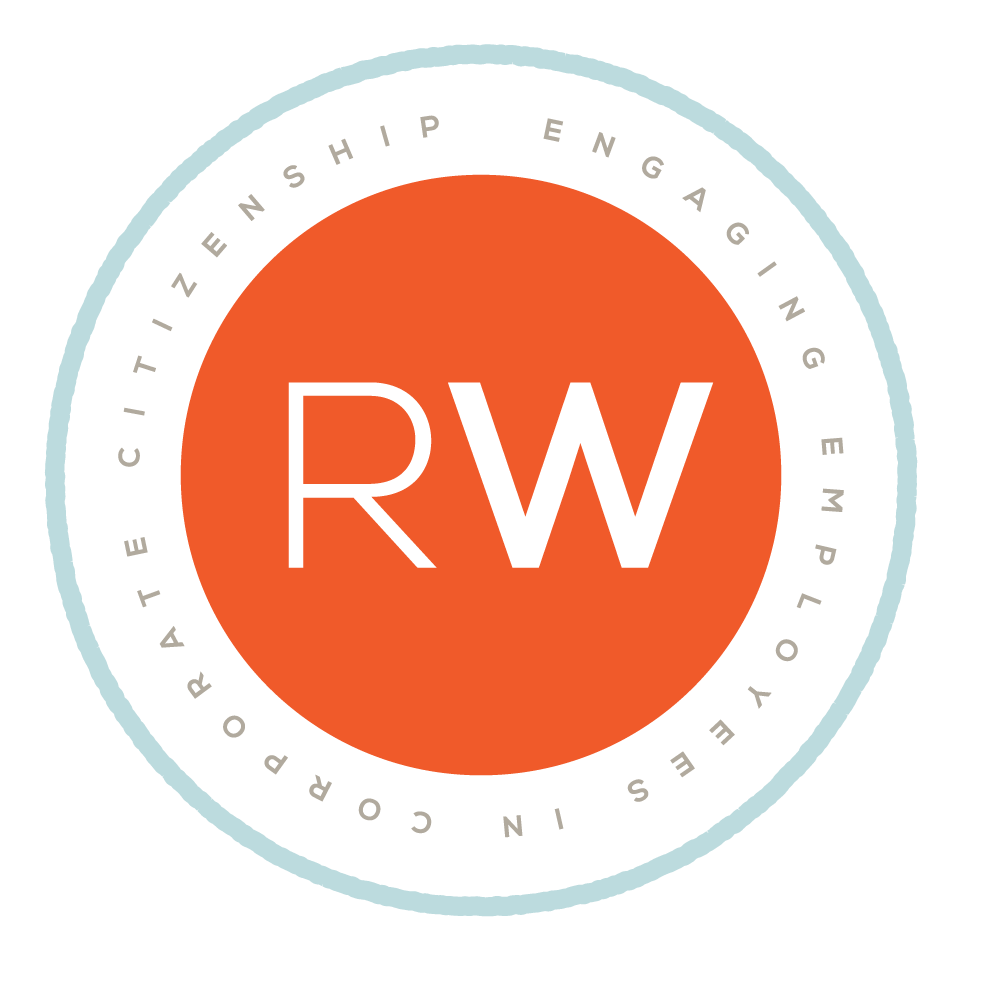What you need to know about employee volunteering
Chris Jarvis of Realized Worth discusses the future of global pro bono at #ICVLead2013, Responsible Leadership: The Future of Corporate Engagement in Global Development
When volunteers do good, they feel good, too.
Serving as a pro bono consultant in emerging markets in many cases allows employees who otherwise never see their clients, to take on a people-facing role, where they see the direct impact of using their best skills for social good. Chris Jarvis of Realized Worth pointed out that both international and domestic volunteer programs can be designed to allow people to fall in love with them.
Drawing from Adam Grant’s recent book, Give and Take, Jarvis pointed to the proximity factor—an emotional connection that sparks a greater affinity towards one’s company. The proximity factor is comprised of two elements, task significance and contact with the beneficiary. When a person understands how his or her actions will make a difference and to whom, he or she invests more in the activity and ultimately, performs better.
He pointed to the three evolutionary stages of volunteering—the tourist, the traveler, and the guide. As volunteers travel through this spectrum, the “feel good, do good effect” occurs. Employees develop an emotional bond with their company that increases business performance, and they become more deeply invested in communities.
Originally posted in the Stanford Social Innovation Review.

